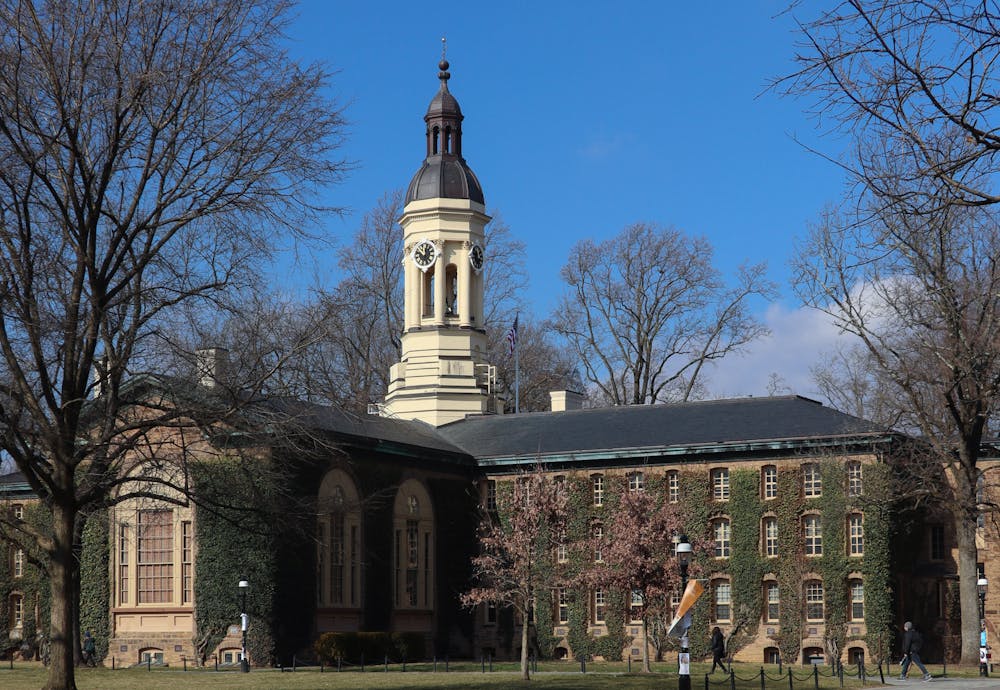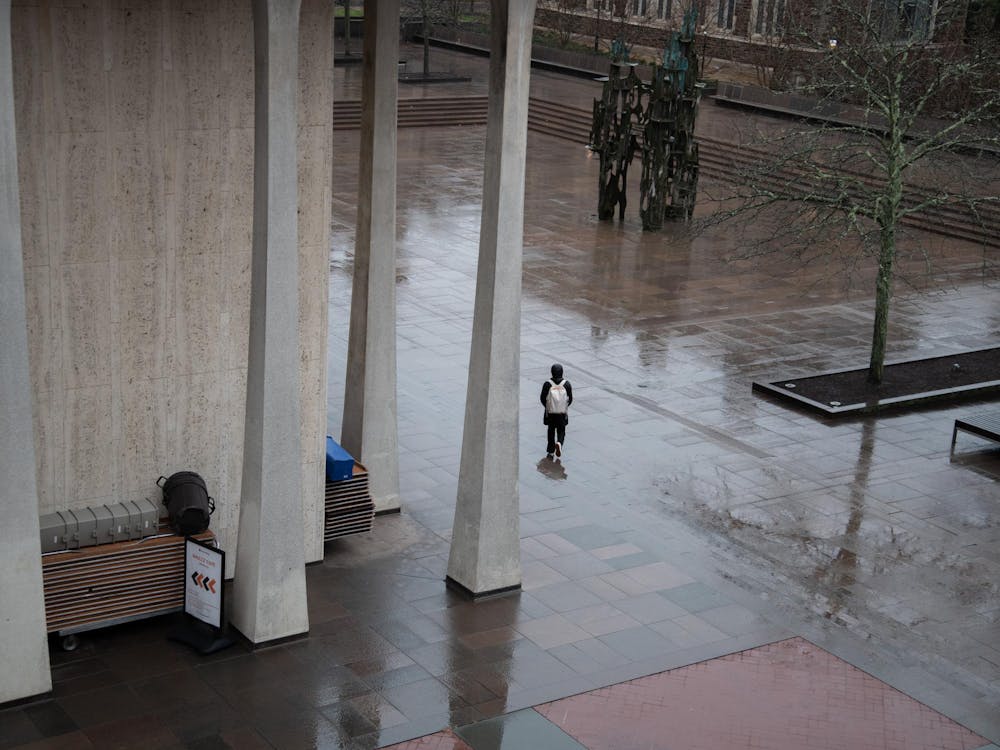The U.S. District Court of New Jersey again ruled against former University budget analyst Kate McKinley, who alleged in a lawsuit that she was harassed and fired due to her request for religious exemptions to the University’s COVID-19 mask and contact tracing requirements. McKinley’s case was dismissed once before in April 2023. The second ruling will not allow for amendments, likely marking the end of McKinley’s legal battle.
McKinley joined the University in May 2017. In June 2021, the University announced a COVID-19 vaccination requirement for employees. A month later, McKinley was granted a religious accommodation to the policy, according to the suit.
In August 2021, McKinley requested additional religious accommodations, specifically exemptions from mask-wearing, contact tracing, and saliva collection and testing. Her request was denied in September 2021. On Sept. 10, McKinley filed a discrimination complaint against the University under the Equal Employment Opportunity Commission (EEOC). She was terminated on Sept. 16, 2021.
The original suit was filed in August 2022, in which McKinley alleged violations of Title VII of the Civil Rights Act of 1964, the New Jersey Law Against Discrimination, and the Genetic Information Nondiscrimination Act.
At the time, then-University spokesperson Ayana Okoya told the ‘Prince’ that the University “handled this former employee’s accommodation request fairly” and “in accordance with the applicable laws and internal policies.”
McKinley’s attorney David Cassidy spoke on the lawsuit in an interview with a local Princeton reporter from the Patch at the time as well.
“We feel our client has a strong case as she was granted religious exemption to the vaccine policy, but denied accommodation for others,” he said. “The University is taking a restrictive view with the policy.”
In April 2023, U.S. District Judge Michael A. Shipp granted Princeton’s motion to dismiss, noting the suit’s persisting inability to identify a conflict between McKinley’s religious beliefs and the University’s COVID-19 policy. Shipp also said McKinley failed to prove she was dismissed for her non-compliance with University COVID-19 policies.
The court also rejected McKinley’s Genetic Information Nondiscrimination Act claim, saying she did not prove that saliva samples collected by the University were used for purposes other than testing, nor that COVID-19 tests qualify as genetic tests.
Shipp, in his April conclusion, said that McKinley would have the ability to amend her complaint to address these issues.
On Dec. 1, Shipp dismissed the suit a second time, stating that the “Amended Complaint fails to cure the deficiencies previously identified by the Court in the April 2023 Opinion” and that “further amendments would be futile.”
The amended complaint, issued May 25, 2023, asserts that McKinley “holds . . . sincere religious beliefs that her body is a temple, [that] she decries and does all that she can to abolish any and all abuse against life and Mankind, and [that she] decries the suppression of knowledge, wisdom, philosophy, or data which would help Mankind.”

McKinley claims that she informed the University of her beliefs, saying in August 2021 email correspondence that the mask requirement would “degrade and humiliate Plaintiff on a daily basis” because it was against her beliefs. She wrote that the asymptomatic testing would be “disrespectful to her body” because it would “forcibly provide her DNA” through saliva testing to “be utilized by other individuals or entities without her knowledge or consent.”
Shipp called these amendments a collection of “general moral commandments” and stated that the views do not constitute religion.
Bridget O’Neill is an assistant News editor for the ‘Prince.’
Please send corrections to corrections[at]dailyprincetonian.com.









